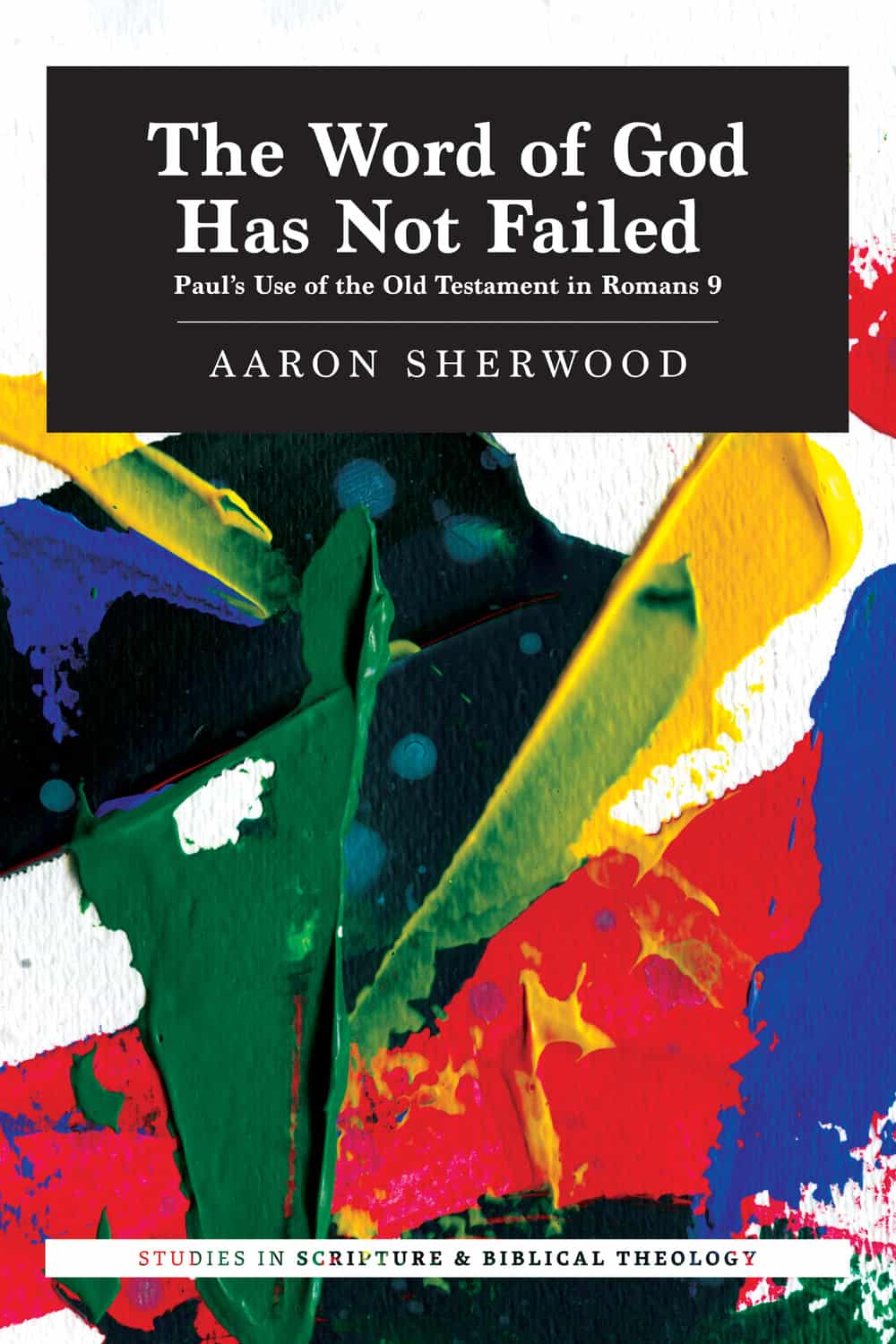
Romans 9 has ?for centuries been a theological battleground, which creates its own interpretive momentum,? as Aaron Sherwood points out in The Word of God Has Not Failed: Paul?s Use of the Old Testament in Romans 9. He goes on to say that ?much classical (and patristic) scholarship generally saw these verses as a treatise on divine sovereignty and human free will. Modern scholarship almost completely follows this agenda?.?
Much the same can be said of how almost all major commentaries for more than a century approach the passage. This is understandable, since the history of interpretation makes it necessary for commentators to address 1) whether Romans 9?11 is a systematic treatise or an occasional discussion (the balance having shifted heavily to the latter option in recent decades); and 2) whether these chapters are isolated and mostly parenthetical, necessary but self-contained, or even climactic to the structure and argument of the letter. In this, commentators largely presume the issues to be merely whether Paul holds to election and salvation of individuals or groups, and whether Paul presents a doctrine of predestination (even if the scholar disagrees with it) or merely describes God?s freedom to elect and showing mercy.
But is this approach to the text faithful to Paul?s intentions?
This all brings up the question of whether scholarly interest regarding election in this text has to do with Paul?s primary interest(s) after all, or whether the text directly speaks to this issue as opposed to occasional concerns. I am not trying to deny any particular theory of Paul?s view of election; I am merely asking whether the cart has been put before the horse (and whether it is hitched to the right horse).
To answer this question, Sherwood has examined Romans 9:6?29 with particular emphasis given to Paul?s use of Scripture.
Consequently, this study aims to analyze Paul?s argument in Romans 9:6?29?not necessarily its resultant or derivable theology?specifically in light of his use of Scripture, giving necessary weight to the argument?s occasional and literary context, and also investigating the biblical traditions that Paul employs within their original contexts. To be clear, I do not begin by presuming standard approaches to 9:6?29 to be wrong in taking the view that Paul defends God?s faithfulness indirectly by discussing the nature of election to salvation (and delimiting this in some way to a certain definition of Israel such that God?s actions are consistent with Scripture). Theoretically, this would be a viable strategy that Paul might choose to adopt. Rather, I mean to say that I shall examine 9:6?29 empirically, with proper consideration of its place within the letter, the occasion of the letter, and Paul?s first-century Hellenistic-Jewish setting. As it happens, in so doing I find that the data do not after all show Paul?s discussion to be about election, as classical (and most modern) interpretations usually surmise. In other words, most interpreters argue over whether Paul is presenting the Arminian or Calvinist view of election unto salvation (or some combination of both). I will attempt to demonstrate that Paul presents neither the Arminian nor the Calvinist view in 9:6?29 (and Rom 9?11, generally) simply because he is not discussing?let alone presenting a model of?election at all.
Instead, this study shows how in Romans 9:6?29 Paul defends God?s faithfulness both by identifying present national Israel?s unbelief as idolatry and by arguing that God?s subsequent response to their unbelief is his judgment on their idolatry. More specifically, through his use of Scripture Paul argues that, possible appearances aside:
- God fundamentally remains faithful to his covenant, independent of and even despite national Israel?s rebellious rejection of Christ and the gospel;
- God has discretion in dispensing either mercy or judgment, specifically in response to idolatry, and his judgment on national Israel is in continuity with his response to idolatry throughout Israel?s biblical history; and
- God?s faithfulness to his original covenantal purpose is seen in how he ironically makes use of his judgment upon national Israel in the redemption of his people, among whom is included representatives of the nations.
Paul argues this over three pericopes. These hold together as a single, coherent argument in support of his thesis statement for both Romans 9:6?29 and chapters 9?11 as a whole: ?It is not as though the word of God has failed? (9:6a).
Preorder the Logos digital edition of Aaron Sherwood?s illuminating study of Romans 9, The Word of God Has Not Failed. The print edition will be available for preorder soon.






